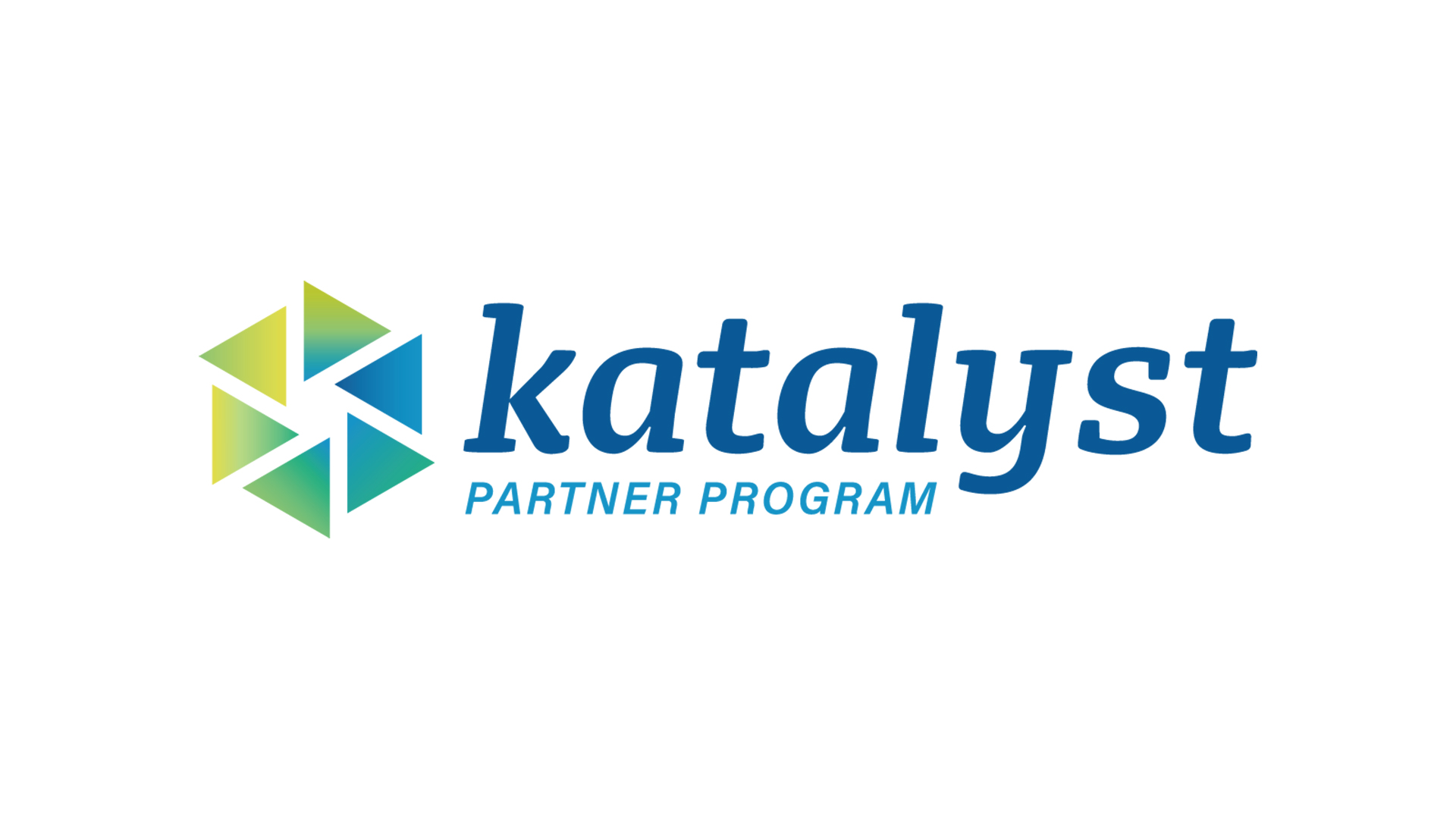How smart data can manage an increasingly complex supply and value chain
Dan Kelly outlines how vendors are creating cohesion from the chaos of the modern channel

With the accelerating pace of innovation and the corresponding decentralisation of the channel, vendors are increasingly under pressure to compete for a share of voice and mindshare across the channel ecosystem.
This growing complexity is hindering corporate performance and agility as technology cycles continue to shrink. It’s estimated that 73% of all business buyers consider the web more convenient for making purchases and that 17% of all B2B transactions will happen through e-commerce by 2023 - potentially bypassing the channel completely.
Fall of the channel, rise of data
We’re seeing a decline of the traditional channel, from a reduction in channel partners and margins to the commoditisation caused by greater competition. The decline in the traditional channel is also giving way to the rise of a ‘shadow channel’ ecosystem, from industry-based professional services firms to independent software vendors, which is affecting the ability of vendors to control their reputations, brand interactions, cyber security and sales performances.
Trends in data analytics are increasingly being embraced by companies as the answer to these challenges. Data is a powerful tool, and this is no exception for the channel. The fragmentation and diversification of the channel needs a new way to achieve consistent performance across a value chain without centralised control. To do this, pioneering companies are using smart data and even AI to automatically record and reward performance across the channel ecosystem.
Smart home firm Honeywell, for instance, introduced a data-driven performance programme for partners, in which points were awarded for fulfilling programme KPIs. The result was a dramatic 1447% increase in logged sales claims, which tells us is that data-driven remote rewards schemes work to bring together decentralised workers. This type of motivation serves as a common goal, uniting and encouraging them as individuals. More importantly, perhaps, brand loyalty is encouraged, which is essential for maintaining consistent performance across all partners.
Upskilling can engage with channel workers
Incentivising channel workers is clearly as important as bringing them together. Smart data can help with this too. Companies use data and incentives as part of ‘incentivised learning’ programmes to up-skill partners in everything from customer service to technical knowledge and synchronicity with the vendors’ brand values.
Adding eLearning features into traditional rewards programmes allows organisations to tie behaviours within the programmes to the completion of training. This leads to improved performance from channel partners; employers can expect to see increased user participation and loyalty, as well as improved productivity and increased knowledge. Evidence shows that learning also drastically boosts motivation and engagement.
ChannelPro Newsletter
Stay up to date with the latest Channel industry news and analysis with our twice-weekly newsletter
Personalised travel incentives are being created using data, ranging from eco-tourism to extreme sports. Their use goes further, however, as data gives organisations real-time visibility over distributed sales performance and the success of channel education programmes. APIs allow everything from sales performance to learning outcomes to be recorded across channel ecosystems in real-time.
For instance, a company could create an online loyalty campaign. These schemes would be designed to align partner activity with business needs; partners would be incentivised to log sales opportunities and drive conversations through the sales process. This was the case for Nuance, a print management software company, which created a programme that rewarded incremental sales and objective fulfilment, which encouraged repeat behaviour within partner sales teams.
The rise of customisation
Something seen in a lot of industries now is the increasing desire for customisation to meet the needs of specific audiences. This is no exception for the channel, and there is a desire for customisation both for sellers and customers.
The rising demand for contributes to transforming the complex channel of smaller consultancies, MSPs and VARS to serve niche markets. Given the pace of change, and the demand for instant and customised systems from customers, it’s no wonder that manufactures rely on a distributed network of leaner and more agile providers.
Data analytics, once again, is key for developing personalised product marketing for specific services, and for encouraging sales. We found that 38% of enterprises use automated real-time systems to track and reward the performance of workers, anytime, from any location.
When used correctly, data is excellent for bringing together an ever-diversifying channel. It allows companies to incentivise and improve loyalty, both among partners and customers.
Online incentive programmes consistently improve performance across distant and dispersed workforces. Not only this, but the programmes work to form a rich source of data on the hidden drivers behind sales across an increasingly complex corporate value chain. Smart data, therefore, is offering a way for vendors to achieve greater cohesion amongst the chaos of the modern channel ecosystem.
Dan Kelly is VP at CR Worldwide
-
 The Race Is On for Higher Ed to Adapt: Equity in Hyflex Learning
The Race Is On for Higher Ed to Adapt: Equity in Hyflex LearningBy ITPro
-
 Google faces 'first of its kind' class action for search ads overcharging in UK
Google faces 'first of its kind' class action for search ads overcharging in UKNews Google faces a "first of its kind" £5 billion lawsuit in the UK over accusations it has a monopoly in digital advertising that allows it to overcharge customers.
By Nicole Kobie
-
 Cisco names Oliver Tuszik as global sales chief
Cisco names Oliver Tuszik as global sales chiefNews Cisco has announced the appointment of Oliver Tuszik as its new executive vice president of global sales, who replaces Gary Steele.
By Daniel Todd
-
 Katun targets accelerated growth, greater collaboration with new partner portal
Katun targets accelerated growth, greater collaboration with new partner portalNews Printing and imaging specialist Katun has announced the launch of its new Katalyst Partner Portal, designed specifically to drive channel collaboration.
By Daniel Todd
-
 ‘Here in the European market, I think we are in a good position’: DocuWare CEO Dr Michael Berger on the company’s rapid growth
‘Here in the European market, I think we are in a good position’: DocuWare CEO Dr Michael Berger on the company’s rapid growthNews ChannelPro sat down with DocuWare CEO Michael Berger to discuss the company's rapid growth and channel strategy.
By Bobby Hellard
-
 Group-IB launches partner program as channel-first strategy kicks off in Europe
Group-IB launches partner program as channel-first strategy kicks off in EuropeNews The vendor said the initiative reflects its commitment to building a resilient cyber security ecosystem across Europe
By Daniel Todd
-
 Datatonic eyes fresh growth drive with new CEO appointment
Datatonic eyes fresh growth drive with new CEO appointmentNews Datatonic has announced the appointment of Scott Eivers as its new CEO as the enterprise data and AI solutions provider looks to its next phase of growth.
By Daniel Todd
-
 Marketing talent brain drain could stunt channel partner success
Marketing talent brain drain could stunt channel partner successNews Valuable partner marketing skills are at risk of being lost as the structure of channel marketing teams continues to shift, according to new research.
By Daniel Todd
-
 LevelBlue launches new partner program that’s “built for the future”
LevelBlue launches new partner program that’s “built for the future”News The new partner initiative features a flexible, consumption-based model to help partners drive revenue
By Daniel Todd
-
 SonicWall pins ‘transformational year’ on strong partner growth
SonicWall pins ‘transformational year’ on strong partner growthNews The vendor’s channel-first strategy has fueled a 42% year-over-year increase in overall partner growth
By Daniel Todd